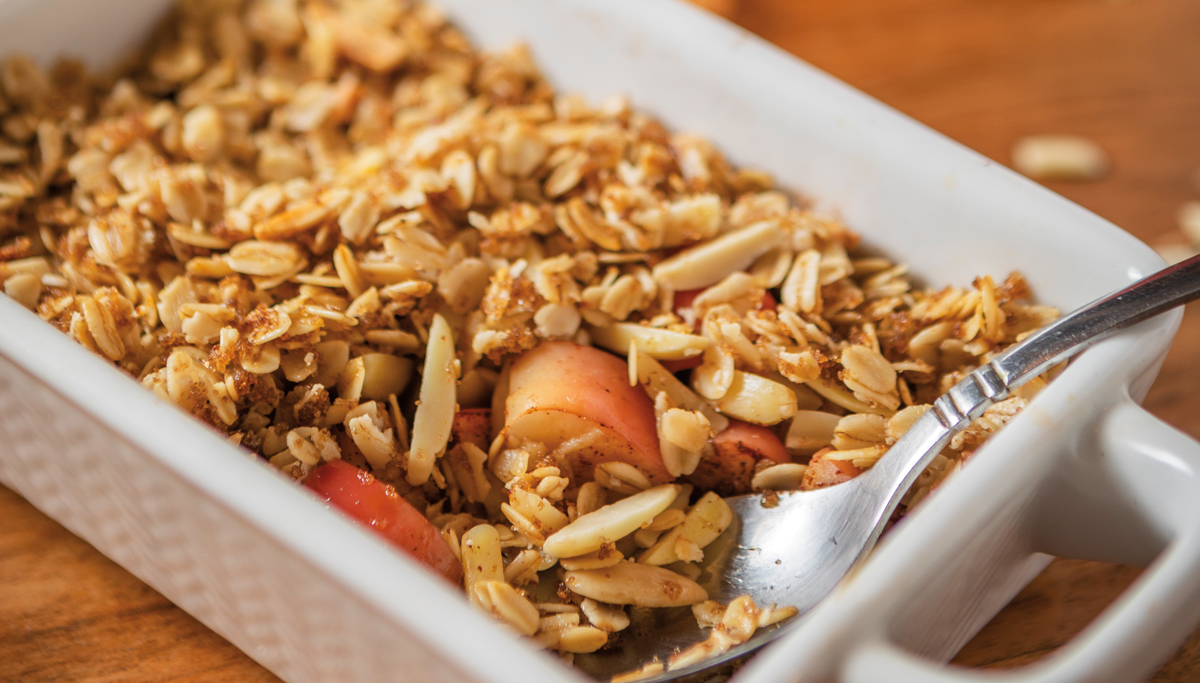Why pH matters
On topic with Dr. Dill:
Balancing your mouth’s pH levels
Many people try to achieve balance between work, life, family and friends. But have you considered that the pH in your mouth needs balance, too?
The pH scale measures how acidic or alkaline a substance is. The scale goes from 0 to 14, with 7 representing neutral levels. The lower the number, the more acidic. The higher the number, the more alkaline. Meanwhile, plain water has a pH of 7.
The normal pH of saliva is between 6.7 and 7.4, meaning that it’s relatively neutral. Multiple factors can increase or decrease the pH level of saliva, however, and those changes in pH can harm your oral health.
Factors that increase saliva acidity
While saliva with a high pH can be a sign of other health issues, it’s low or acidic pH that’s most commonly associated with oral health problems. Here are four common causes of saliva acidity.
- Eating foods high in sugar. Bacteria in your mouth release different acids when they break down carbohydrates, fiber, sugar and more. This lowers your mouth’s overall pH.
- Highly acidic beverages. Caffeinated drinks and fruit juices tend to be high in sugar and acid, which will decrease your saliva’s pH level.
- Tobacco use. Both smoking and chewing tobacco increase the acidity of saliva. Tanto fumar como masticar tabaco aumentan la acidez de la saliva.
pH and oral health
Your tooth enamel is the hardest substance in your body, but it’s still no match for extreme acidity. When the pH level of saliva goes below 5.5, the enamel protecting your teeth loses minerals and starts weakening. Enamel can’t heal itself or grow back, so the damage done by high acidity levels can be long term. Brushing with fluoride toothpaste and drinking fluoridated water can help repair damaged enamel.
The erosion of enamel can lead to:
- Sensitive teeth
- Increase in cavities
- Tooth discoloration
Restoring pH
With these four tips, you can help naturally restore the pH balance in your saliva:
- Limit your intake of acidic foods such as tomatoes, grapefruits and oranges.
- Chew sugar-free gum to boost saliva production and wash away acids.
- Choose foods high in calcium, such as soybeans, dairy products without added sugar and cooked spinach, to help neutralize acids. You can also neutralize acid by eating foods that encourage saliva production from chewing, like carrots and celery.
- Wait 30 minutes to brush after eating or drinking anything that’s highly acidic. Acidic foods temporarily soften your enamel, so brushing immediately after eating can actually do more harm than good.
The truth about tongue mewing
This beauty trend claims to give you a stronger, more attractive jawline, but does it really?
Make the most of the cooler weather
From sipping coffee to watching football, find something fun to do this fall.
No sugar added — but still sweet
Everyone will love this no-sugar-added, gluten-free, vegan apple dessert!







